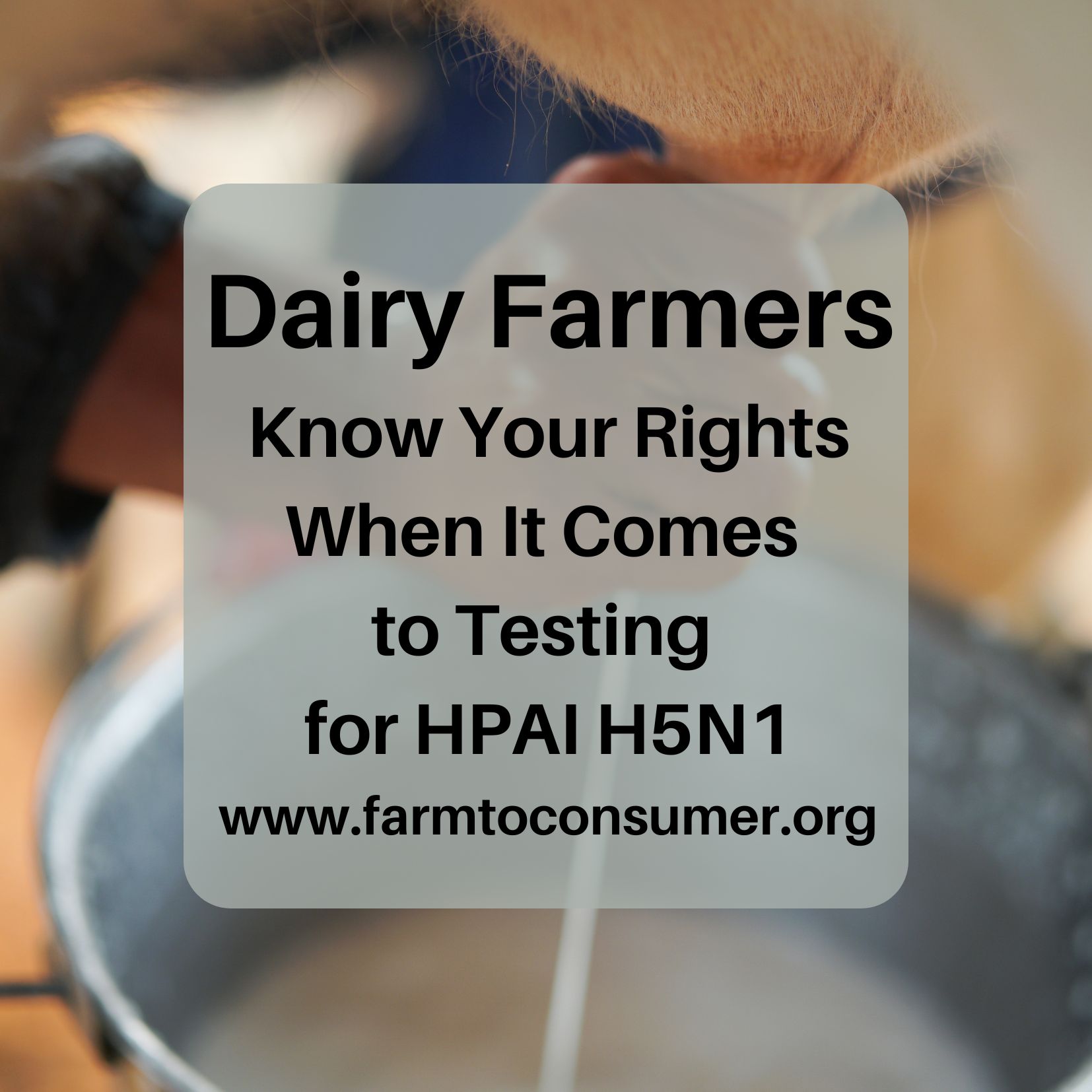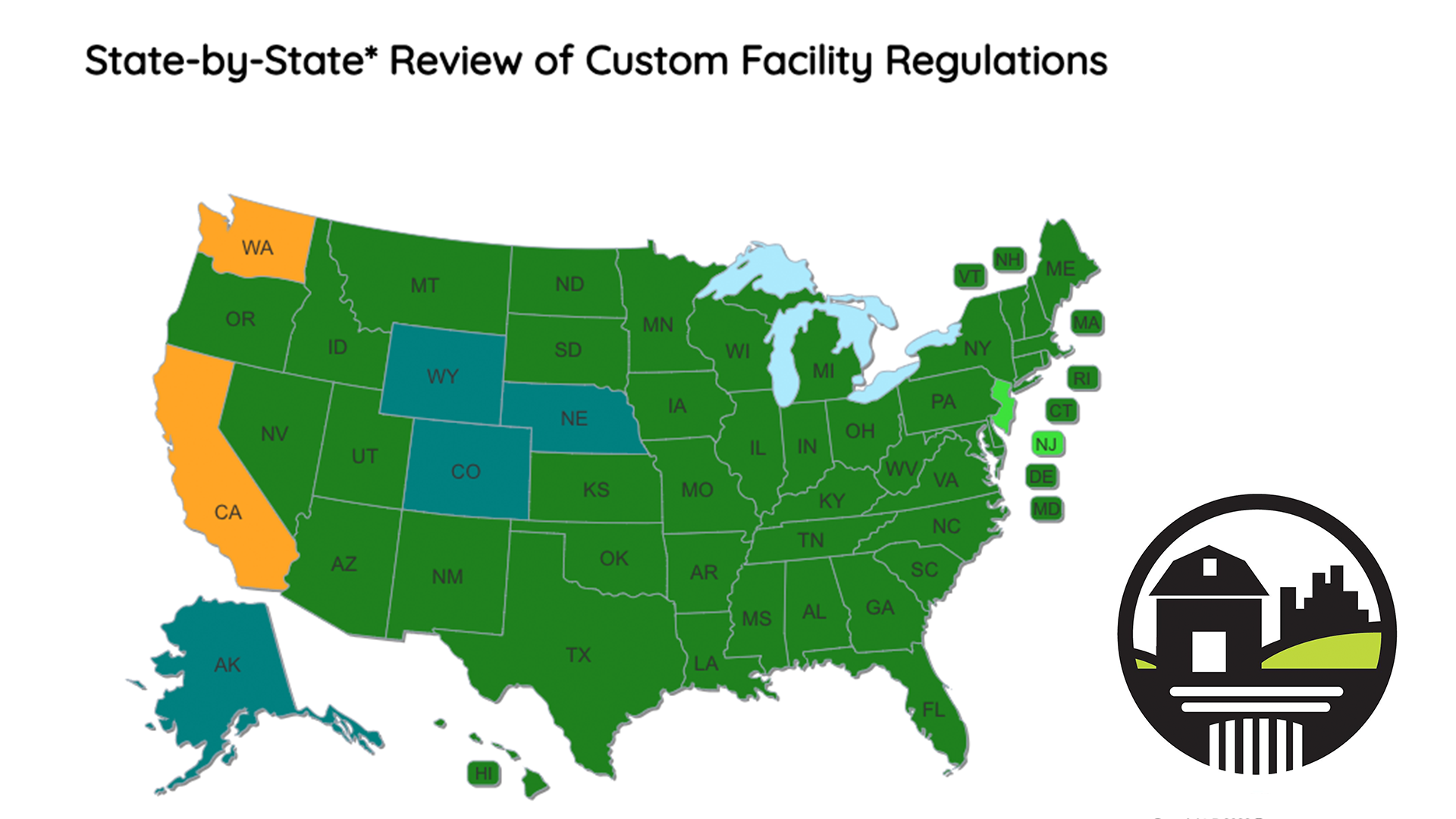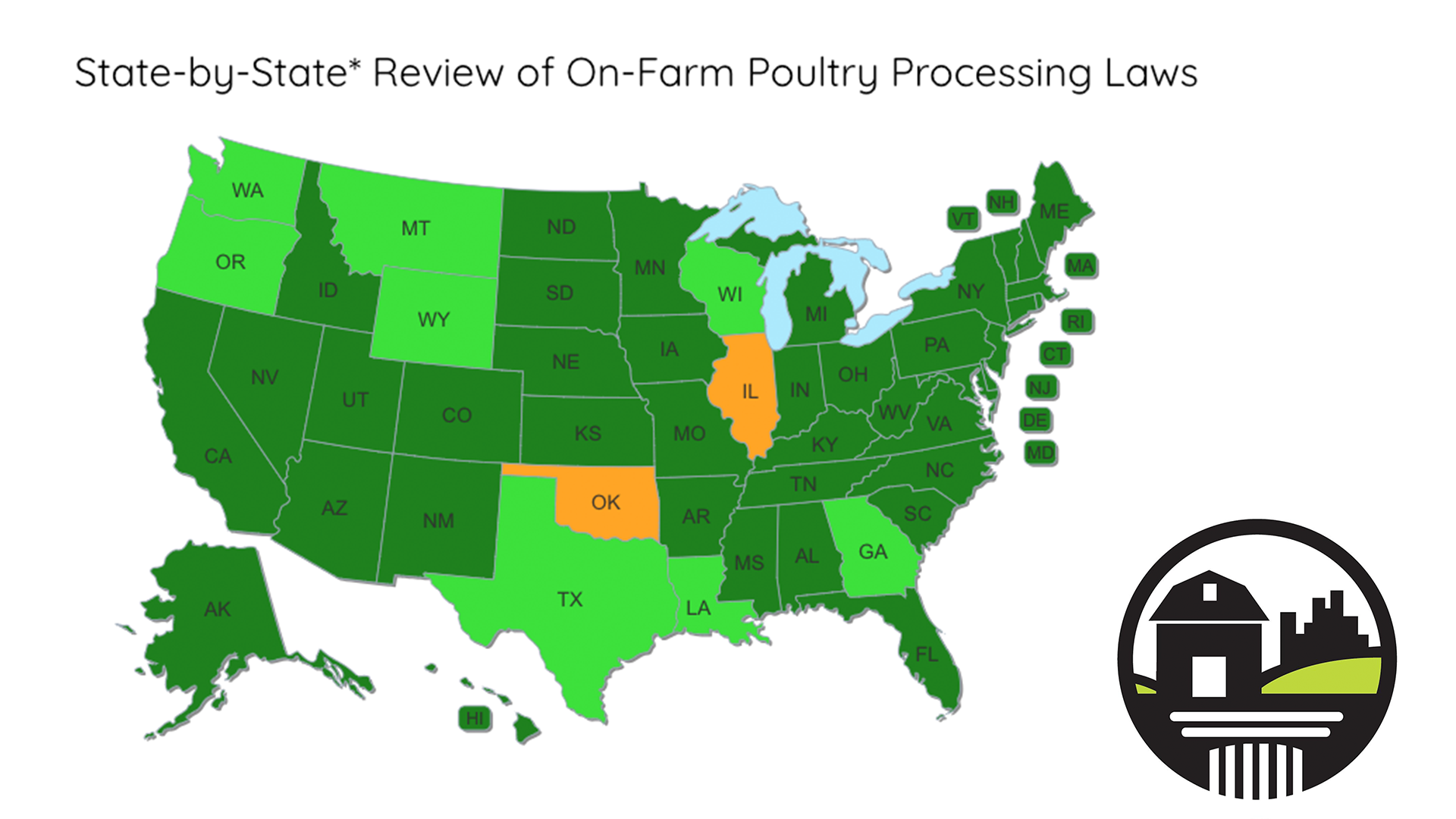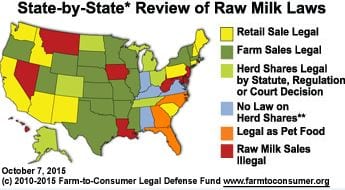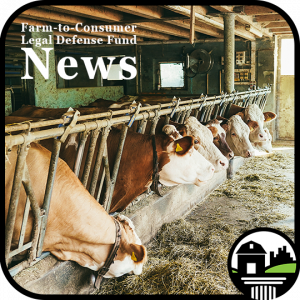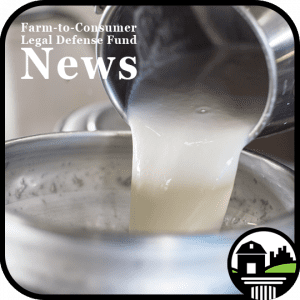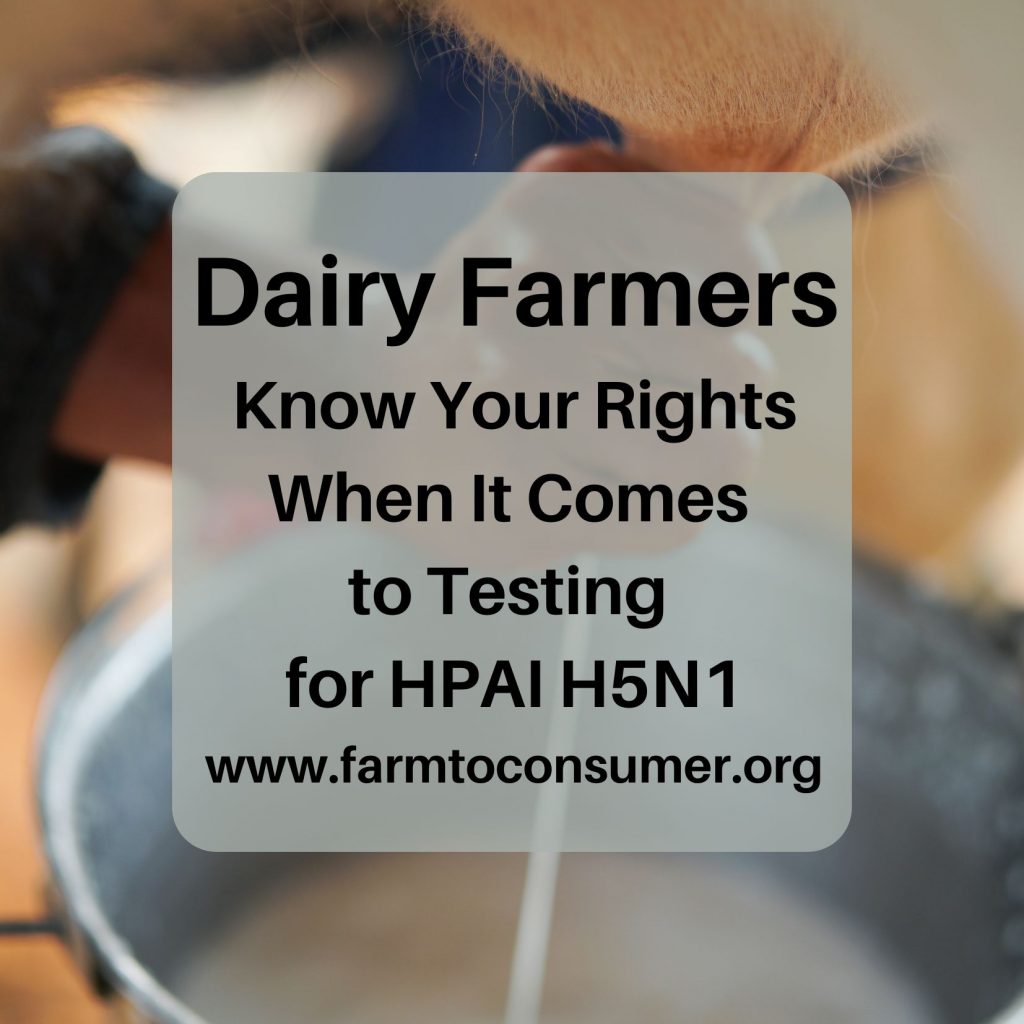 As many Farm-to-Consumer members are aware, on April 24, 2024, the USDA issued an order requiring Highly Pathogenic Avian Influenza H5N1 testing of dairy cattle moving in interstate commerce, or across state lines.
As many Farm-to-Consumer members are aware, on April 24, 2024, the USDA issued an order requiring Highly Pathogenic Avian Influenza H5N1 testing of dairy cattle moving in interstate commerce, or across state lines.
On June 6, 2024, the FDA sent a letter to state and local health departments recommending that states implement a surveillance testing program to identify the presence of the virus.
FTCLDF has not heard of any states attempting to engage in testing, but we are willing to communicate with local agencies on this matter. Interestingly, the American Association of Bovine Practitioners are referring to the infection as Bovine Influenza A Virus because it is not the same as the Highly Pathogenic Avian Influenza (HPAI).
There is no legal requirement for states to engage in testing of dairy cattle that are only producing product for intrastate commerce. FTCLDF members, who are contacted for testing, should reach out to FTCLDF for assistance in communicating with state agencies.
It is our understanding that there is no scientific evidence to suggest that humans can contract the virus from drinking the raw milk of an infected animal. To read more on this, visit the blog of our friend, microbiologist Peg Coleman.
In addition, the American Association of Bovine Practitioners reports that the infection in cattle is not in fact
highly pathogenic in bovine as it is birds.
Keeping Records
If samples are taken, ensure that biosecurity measures are respected during sampling, and that you understand any testing measures, and where the samples have been taken.
As always, it is important to obtain the name, title and contact information of any inspector. If PCR testing is to be done, it is worth asking how many cycles will be completed, as it is our understanding that repeated cycles can lead to ambiguous test results. It is also best to use an approved National Animal Health Laboratory Network (NAHLN) laboratory, which could be recommended by the state veterinarian at your state department of agriculture.
The most important information to collect includes:
- Name of inspector / worker contacting you to encourage H5N1 testing in dairy cattle.
- Dates samples are taken.
- Ask for legal authority for testing of dairy cattle within the state.
- Method for testing
It is also helpful to keep records detailing the steps you are taking to keep your dairy herd and your milk safe. Common symptoms of the H5N1 virus include low appetite, reduced milk production, and abnormal appearance of milk.
Please contact FTCLDF assistance in handling requests for H5N1 testing.
